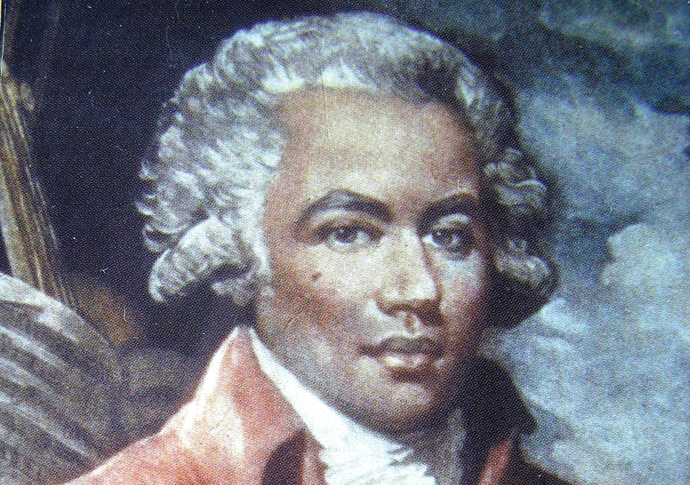Michael White’s classical news: Joseph Bologne; Donatella Flick; Beowulf and Job
Thursday, 16th March 2023

18th-century composer Joseph Bologne is celebrated in a concert at St Martin-in-the-Fields
THEY call him “the Chevalier”. He’s the subject of a major feature film due for release in Britain fairly soon. And of the many curious stories that feed into music history, his ranks among the most remarkable – partly because Joseph Bologne, Chevalier de St-Georges, managed to combine the career of a successful 18th-century composer/violin virtuoso with that of a celebrity sportsman, soldier and gentleman; but also because he happened to be the mixed-race son of a plantation slave.
Born in 1745 in Guadeloupe to a French colonial father and Senegalese mother, Bologne’s natural gifts caused him to flourish in French society where he became a friend of Marie-Antoinette, a colleague of the young Mozart, and nearly ended up running the Paris Opera.
He also nearly ended up on the guillotine, having fallen foul of the Revolution, but managed to survive. And his fame as a musician drew him for a while to London where he divided his time between concerts, campaigning against slavery, and staging demonstrations of the art of fencing with an equally uncommon character: the gender-fluid, cross-dressing soldier, diplomat and spy, the Chevalier d’Eon (yes, there were such people in the 18th century).
If you want to know more – and who wouldn’t? – there’s a fascinating piece of concert-theatre playing Mar 21 at St Martin-in-the-Fields at which his life and music are examined. The performers include actors, players from the LPO, and the young violinist member of the Kanneh-Mason family, Braimah. Go, and be amazed by this once-hidden but now public narrative. Stmartin-in-the-fields.org
• Given that conductors make no sound (apart from the odd wheeze and grunt nobody wants to hear), it’s hard to figure out exactly what they do to generate a good performance, and harder still to quantify it in the competitive terms of a competition. But that doesn’t stop conducting competitions from taking place, to the delight of audiences. And one of the better known is the Donatella Flick, which runs in conjunction with the London Symphony Orchestra at LSO St Lukes, Mar 21-23. This year there are candidates from 20 countries (nobody from Russia or Ukraine, which will avoid some awkwardness!); all of them under 30; and all with ambitions to be the next Simon Rattle – or maybe Lydia Tar (but then again, perhaps not). You can watch the grand finale free on Medici TV. Full details: donatellaflickcompetition.com
• Every former Eng Lit student knows the epic poem Beowulf: a story of heroes, monsters and dragons whose horrors have chilled the blood of generations. Now the chill transfers to music in a work for choir and orchestra by Iain Bell that gets its world premiere at the Barbican on Mar 17. Featuring the BBC Symphony Orchestra and Chorus under Martyn Brabbins, it plays alongside another saga: the biblical story of Job as interpreted by William Blake and turned into a ballet score by Vaughan Williams. That Job is so rarely performed is hard to fathom – because to my ear, it’s VW’s greatest work: a thing of beauty, wonder and magnificence. Sieze the chance here. barbican.org.uk